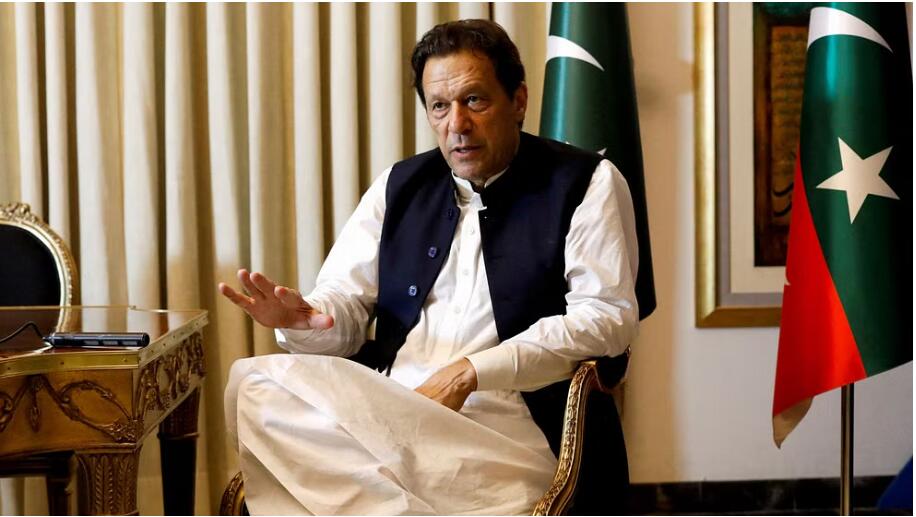The recent arrest of Pakistan’s former spy chief, Lieutenant General Faiz Hameed, has intensified the already strained political landscape in Pakistan, particularly the ongoing feud between former Prime Minister Imran Khan and the military establishment. This development has not only stirred political waters but also spotlighted the deepening discord between Khan and the powerful military leadership.
General Faiz Hameed, who formerly headed the Inter-Services Intelligence (ISI), Pakistan’s premier intelligence agency, was detained on charges of corruption and abuse of power. His arrest comes at a time when Khan has been vocal about his conflicts with the military, exacerbating the political crisis in the country. Khan’s troubles with the military began in earnest following his fall from power in April 2022, when he was ousted from office through a parliamentary vote. Khan alleged that the vote of no confidence against him was orchestrated by the military generals, specifically targeting then-army chief General Qamar Javed Bajwa.
Khan’s relationship with the military, once considered strong, deteriorated sharply after he criticized the military’s influence in politics. He accused the military of undermining his government and interfering in political processes, a claim that struck a nerve in Pakistan’s deeply entrenched military-political dynamics. The arrest of General Hameed appears to be part of the broader repercussions of this feud, as Khan’s critics and supporters alike interpret it as a significant move in the ongoing battle between Khan and the military.
The military has traditionally been a dominant force in Pakistan’s political arena, and its involvement in domestic politics often stirs controversy. Khan’s allegations and the subsequent arrest of a high-ranking military officer reflect the high stakes in this power struggle. Khan has continued to rally his supporters, accusing the military of orchestrating his downfall and manipulating political outcomes to consolidate its control.
This latest development adds another layer of complexity to Pakistan’s political situation, where the balance of power between the civilian government and the military is increasingly precarious. The arrest of Hameed is likely to fuel further speculation about the military’s role in Pakistani politics and its impact on Khan’s political ambitions.
As tensions continue to escalate, the political landscape in Pakistan remains highly volatile, with the former Prime Minister’s ongoing confrontation with the military promising to shape the country’s political discourse for the foreseeable future.
